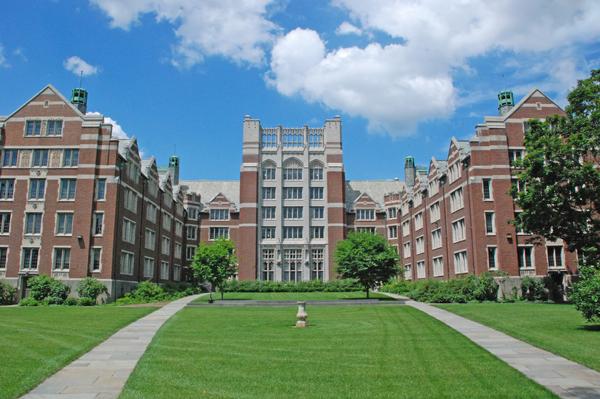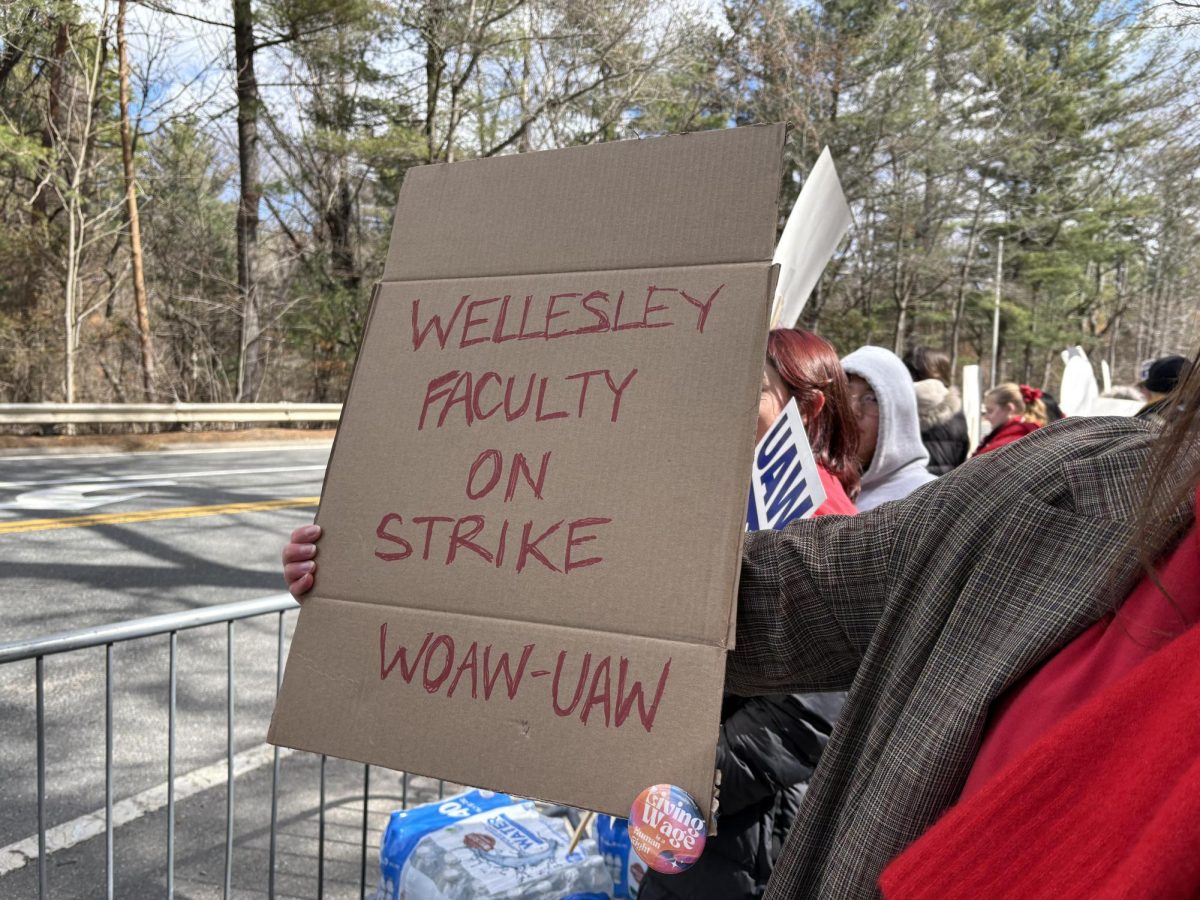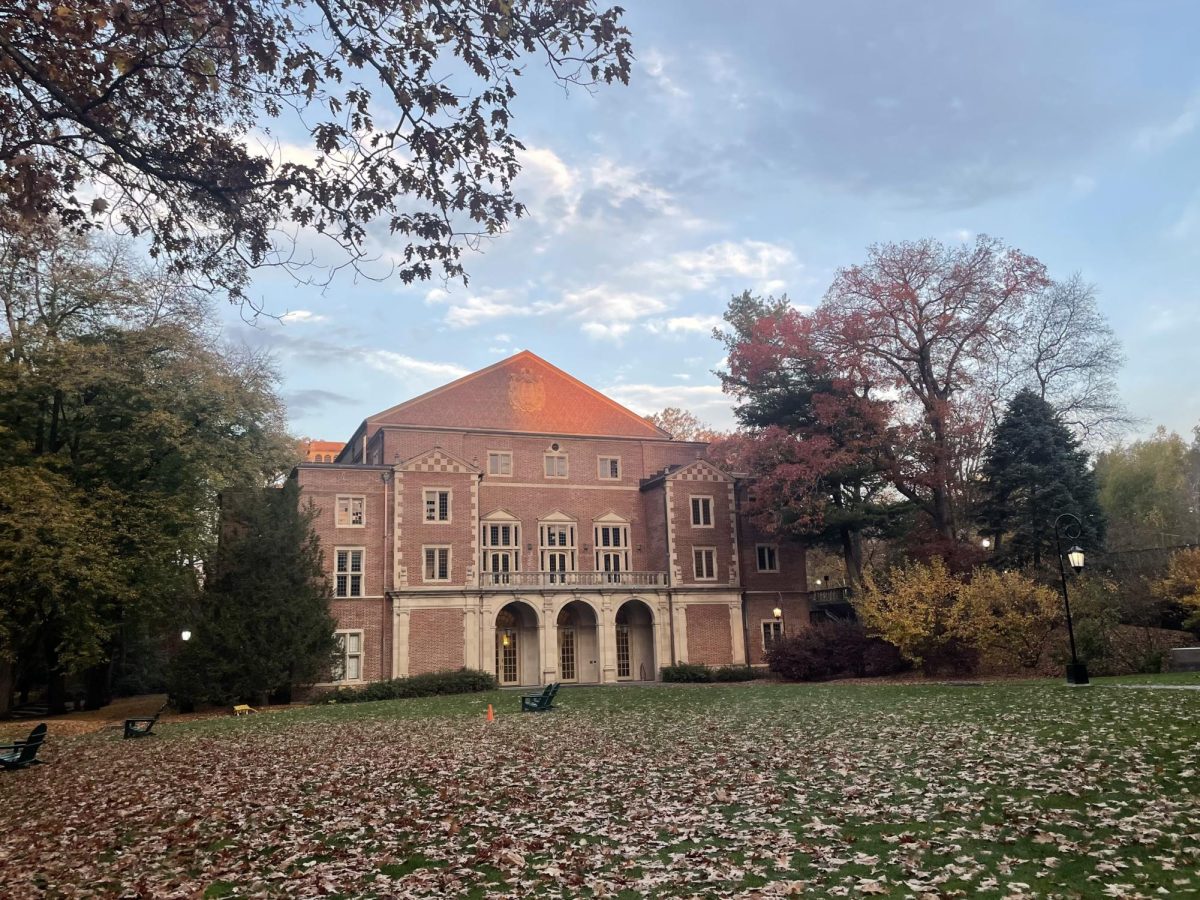President Kim Bottomly announced in January the formation of a Commission on Race, Ethnicity and Equity (CREE). The group consists of multiple constituencies, including students, faculty and administration, and is chaired by Michael Jeffries, Associate Professor of American Studies. The commission scheduled its first meeting last Friday and is now working toward developing a plan, delegating tasks and collecting information moving forward.
CREE was formed to address the impact of racism on students’ educational experiences and the lives of faculty. The commission hopes to hone in on policies that need changing and work toward identifying better practices that can alleviate racial disparities. The group is also trying to deconstruct the system to address points where inequalities exist. This may include revisiting the curriculum and investigating better ways of retaining faculty, staff and students from underrepresented groups.
The commission is entirely new in terms of its framework and embodiment of multiple constituencies and is a reflection of historic and ongoing efforts to institutionalize change and break down issues of racism. There have been historical efforts and reports, such as a commission which current CREE member, Joel Krieger, Norma Wilentz Hess Professor of Political Science, served on in the past, but have all been under different names.
“This is an issue the country’s dealing with, this is an issue the world’s dealing with and it’s certainly an issue Wellesley has been dealing with for a long time. But this is a new attempt to address the issues essentially from scratch,” faculty representative and Frost Professor of Environmental Studies Beth DeSombre said.
The commission is currently collecting and summarizing previous studies, commission and committee reports, analyses from the Office of Institutional Research and surveys done by different departments in order to better understand what has and has not worked in the past.
Programs are also already in place to help underrepresented students gain the same experience and exposure as other students; however, the commission is working toward gathering and investigating all the College’s efforts, as well as mobilizing and collaborating with those who are already making change.
The word “equity” is also a new term which DeSombre and student representatives Cassandra Flores-Montano ’16 and Saraphin Dhanani ’16 acknowledge that the commission is still trying to define. “Equity” will be the foundation of the commission and its policies will be built from the agreed-upon definition.
The commission is not an exclusive group and there are many students on campus who are interested in the issues being discussed, which was reflected by the large applicant pool for the student representative positions. The current student representatives emphasize that they serve as the voice of the entire student body and that student experiences are important to the Commission. Flores-Montano recalled how a few professors approached her after their first meeting to share their gratitude for student voices.
“I commented that I could name a lot of Latinas who have taken leaves of absence and haven’t come back. A few professors came up to me afterwards and said, ‘I don’t always think about that,’ ” Flores-Montano said.
According to Flores-Montano, even though the ultimate goal of the commission is to institutionalize change, the commission is not going to make all the changes at its own discretion. Since the issues affect every part of the Wellesley community, collaboration and engaging the Wellesley community is vital.
The commission is currently in the very early stages of conception, but Dhanani is hopeful that the group will be able to recognize key players in the College and evaluate how and whether they perpetuate racial inequalities. She also believes the commission’s field of vision must extend beyond the Wellesley campus.
“The importance of the commission is to not just look at Wellesley but global society and how the very real conflicts right now are being replicated on campus. The movements we are having on campus are very much in tune with what’s going on in the real world,” Dhanani said.
The commission will continue to evaluate the meaning of equity for all constituencies and gather information from previous documentation. In the near future, they will also extend an invite to a Union staff employee to be represented at meetings.
Once the commission’s direction is more explicitly defined, CREE will serve as a hub for collaboration between faculty, students, administration and staff on an even playing field.
Photo courtesy of Wellesley College






